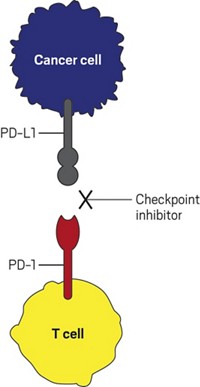Advertisement
Grab your lab coat. Let's get started
Welcome!
Welcome!
Create an account below to get 6 C&EN articles per month, receive newsletters and more - all free.
It seems this is your first time logging in online. Please enter the following information to continue.
As an ACS member you automatically get access to this site. All we need is few more details to create your reading experience.
Not you? Sign in with a different account.
Not you? Sign in with a different account.
ERROR 1
ERROR 1
ERROR 2
ERROR 2
ERROR 2
ERROR 2
ERROR 2
Password and Confirm password must match.
If you have an ACS member number, please enter it here so we can link this account to your membership. (optional)
ERROR 2
ACS values your privacy. By submitting your information, you are gaining access to C&EN and subscribing to our weekly newsletter. We use the information you provide to make your reading experience better, and we will never sell your data to third party members.
Materials
Synthetic Cells Elicit Immune Response For Cancer
Polymer dendritic cells that elicit desired T-cell immune response could be used in cancer vaccines
by Celia Henry Arnaud
November 24, 2014
| A version of this story appeared in
Volume 92, Issue 47
Vaccines that stimulate the immune system to treat cancer usually address dendritic immune cells, which in turn activate T cells. Alan E. Rowan, Kerstin Blank, Carl G. Figdor, and coworkers at Radboud University, in the Netherlands, have come up with polymer-based synthetic dendritic cells that activate T cells directly (ACS Chem. Biol. 2014, DOI: 10.1021/cb500455g). The synthetic dendritic cells are made of a semiflexible poly(isocyano peptide) scaffold decorated with multiple copies of two antibodies needed to activate T cells. Thanks to the flexibility of the scaffold, the polymer-bound antibodies move around and cluster together, enabling multivalent binding similar to that of natural dendritic cells. The synthetic dendritic cells activate desirable helper, memory, and especially killer subtypes of T cells, but not undesirable regulatory T cells, which can counteract the function of the killer cells. Compared with versions having only one of the antibodies, the synthetic dendritic cells are better able to activate multifunctional killer T cells.





Join the conversation
Contact the reporter
Submit a Letter to the Editor for publication
Engage with us on Twitter